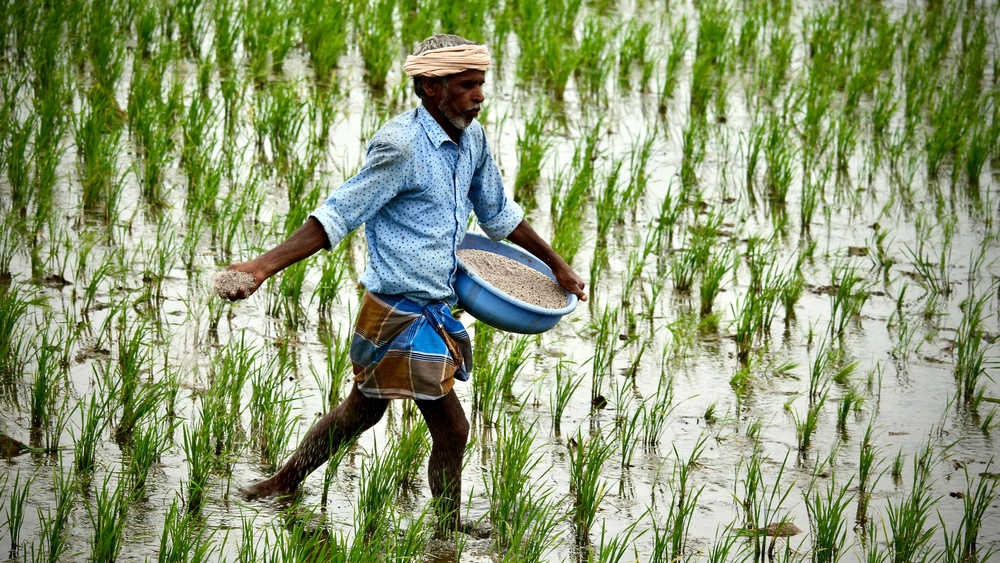The government on Wednesday decided to increase the subsidy for di-ammonium phosphate (DAP) fertilisers to Rs 1,200 per bag from Rs 500, an increase of 140 per cent.
The move will increase the fertiliser subsidy outlay for the current financial year by Rs 14,775 crore to Rs 94,305 crore from a budgeted outlay of Rs 79,530 crore.
“The price of fertilisers is increasing due to the rising prices of phosphoric acid, ammonia etc internationally. The PM stressed that farmers should get fertilisers at the old rates despite the international rise in prices,” a statement said after a meeting chaired by Prime Minister Narendra Modi on the prices of fertilisers.
“Thus, despite the rise in international market prices of DAP, it has been decided to continue selling it at the older price of Rs 1,200 and the central government has decided to bear all the burden of the price hike,” it said.
Last year, the actual price of DAP was Rs 1,700 per bag on which the Centre was giving a subsidy of Rs 500 per bag. So the companies sold the fertilisers to farmers for Rs 1,200 per bag.
Recently, the global prices of phosphoric acid and ammonia used in DAP have risen up to 70 per cent. So, the actual price of a DAP bag is now Rs 2,400, which could be sold by fertiliser companies at Rs 1,900 after considering a subsidy of Rs 500. After Wednesday’s decision, farmers will continue to get a DAP bag for Rs 1,200.
For the current fiscal, subsidies for P&K fertilisers have been kept unchanged. P&K fertilisers are decontrolled products. The prices are fixed by the manufacturers and the government gives them fixed subsidies each year.










